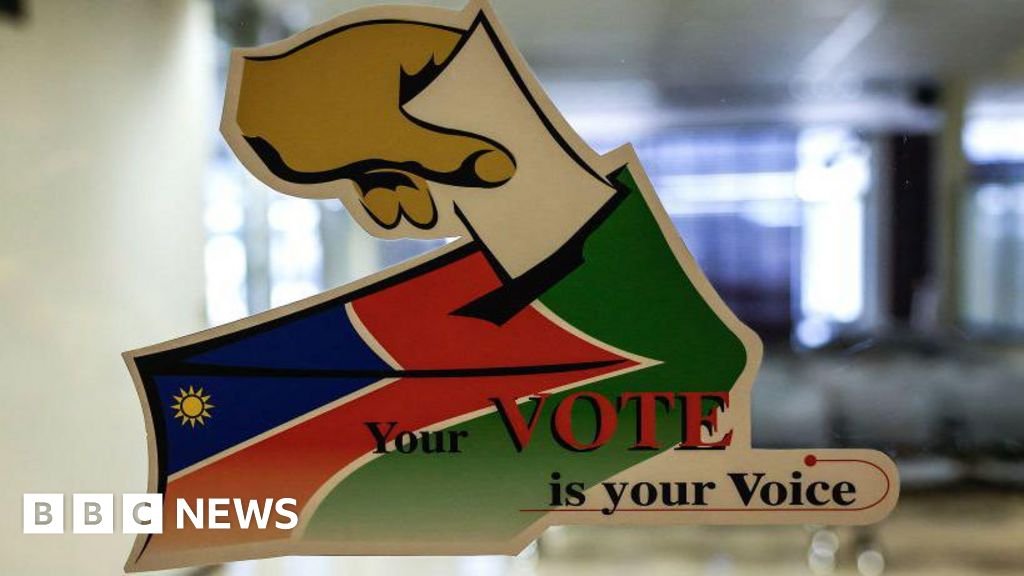Even in cases where governments did not lose, their reputations and political control were severely undermined.
Like Swapa, South Africa’s African National Congress (ANC) retained power, but only after a bitter campaign that saw it fall below 50% of the vote in a national election for the first time since the end of white minority rule in 1994.
This forced President Cyril Ramaphosa into a coalition government, ceding 12 cabinet posts to other parties, including key positions such as home affairs.
As a result, the region, which is better known for governments that manage to hold on to power for decades, has endured 12 months of intense, bitter fighting and multi-party politics.
The only exceptions to this are countries where elections were not considered free or fair, such as Chad and Rwanda, or where the opposition and right-wing groups accused governments of using fraud and repression to prevent defeat, as in Mozambique.
Three trends have combined to make this a particularly difficult year to be in power.
In Botswana, Mauritius and Senegal, growing public concerns about corruption and abuse of power have eroded trust in government.
Opposition leaders were then able to play on popular anger over nepotism, economic mismanagement and the leaders’ refusal to uphold the rule of law to widen their support base.
In Mauritius and Senegal in particular, the ruling party has also undermined its claims to be a government committed to respecting political rights and civil liberties – a dangerous misstep in countries where the vast majority of citizens are committed to democracy and where the opposition has previously won. .
The perception that governments are mishandling the economy was particularly important because many people had experienced a difficult financial year.
High food and fuel prices have increased the cost of living for millions of citizens, increasing their frustration with the status quo.
In addition to underpinning some of the government’s defeats this year, economic anger was a major driving force behind Kenya’s youth protests that rocked President William Ruto’s government in July and August.

